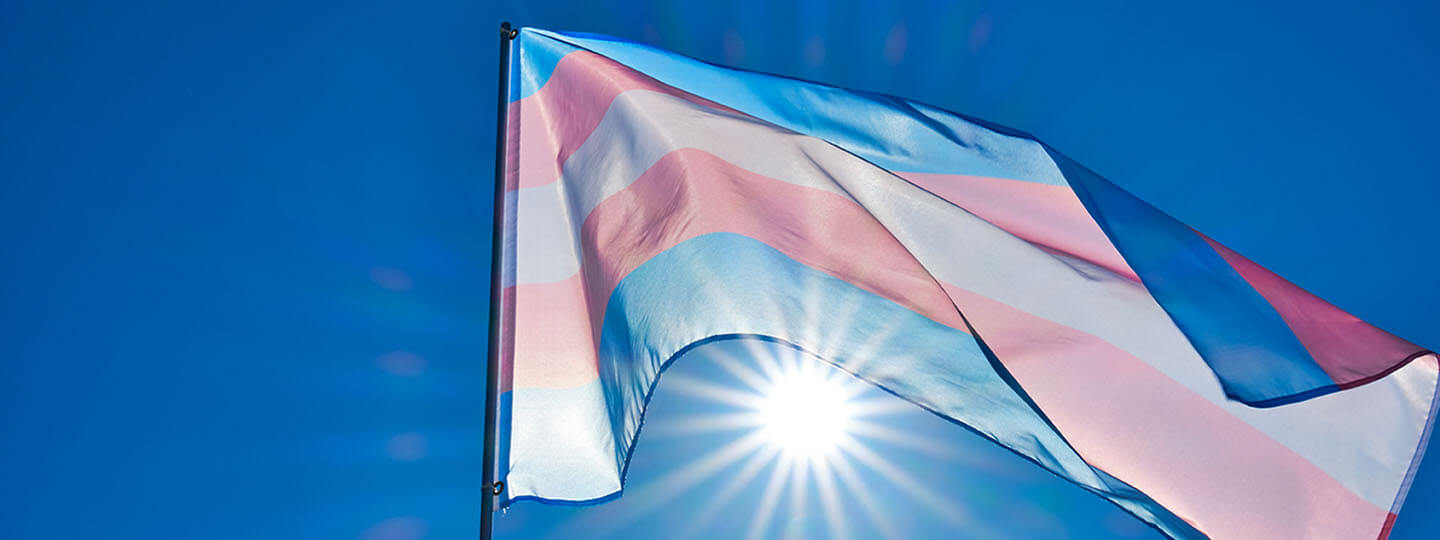My trans story
My trans story
This is a personal story written for us by one of our young volunteers about their trans story.

This is a personal story written for us by one of our young volunteers.
One of the earliest memories I have is of an Irish dancing class in Junior Infants. I remember being bundled into the hall with all the girls and looking back at the boys left behind.
Gendered rules
It was one of the first times the world told me that I was a girl and that girls and boys do different things. I had no words for my feelings of dysphoria so I simply refused to dance.
Something didn’t sit right with me about how I was being gendered but I had no frame of reference. That is quite a scary and alienating position to be in because how can you even begin to accept something you can’t put words on. At home, I was free to play with teddies, Sylvanian families, toy guns, lego, whatever I was interested in.
It didn’t cross my mind that such objects could dictate my gender; a lesson medical professionals are still trying to digest.
But at school, the gendered rules were stricter. And when puberty hit, my world imploded. The panic attacks started, the hallucinations. To feel so uncomfortable in my body, to be so disgusted by its changes was a horrific experience.
I was about 16 when I first came across the word transgender. It was in a YouTube video and I remember the sudden feeling of realisation, I just knew that it described my experience. But I hastily clicked away from the video because, although the realisation brought a sense of relief, it also felt overwhelming.
I had worked so hard to hide an aspect of myself that suddenly had a word. It felt like I could no longer ignore it. But, ignore it I did. For years I tried to fit the mould, tried not to cringe too much when my name was used or when someone referred to me as a girl.
Every ‘she’ and ‘her’ seemed to pierce my heart. But I became an expert at hiding my discomfort, at ignoring my inner feelings. And that took a toll on my mental health.
When I came out
I was 19 when I first came out. I was in hospital at the time and I wrote down on a piece of paper “I think I’m a guy”.
The word transgender still felt too big, too laden down with meaning. Shortly afterward I attended a BeLonG To trans support group. I walked into the room and felt instant ease, a feeling of coming home.
It was the first time I was in the majority, the first time my gender identity didn’t make me stand out but actually made me fit in. That group opened up a world where pronouns are not presumed, where names can be changed, where clothes are just objects, not declarations of your gender.
Understanding gender
Since then my understanding of gender has expanded considerably. I can now tell the difference between gender expression (how we express our gender through clothes etc) and gender identity (how we feel inside).
It has also opened my eyes to the fact that gender is not a linear spectrum that goes from male to female; it is more akin to a circle, with genders, or lack thereof, falling between and beyond male and female.
However, there can also be pressure to prove that you are ‘trans enough’. That is to have known your true gender from a very young age, to have played with the stereotypically gendered toys, to dress a certain way. But the reality is that some people know from childhood while others only figure things out later on in life, either is just as valid.
Medical transition besides, there is no need to ‘prove’ that you are trans: if you know you are then you are, even if you only know on some days.
Pressure for good mental health
Ironically, there is also pressure to have good mental health. In spite of the known rates of suicide and mental illness in the trans community, there is pressure to prove that your gender identity is not due to a mental illness and to prove that you are in good enough mental health to transition.
The lack of training among mental health professionals means that there are very few spaces in which the real difficulties and challenges which being trans can bring can be discussed.
If you decide to pursue legal or medical transition one attribute that is a necessity is patience. There are years of waiting lists, of assessments, of degrading diagnoses. The world can seem intent on proving that there is something ‘wrong’ with you that needs ‘fixed’.
But I wasn’t born in the wrong body. I was born in my body, a body which was incorrectly labelled, but which is not incorrect, just different.
Things to note
- Cisgender means that you identify as the gender you were assigned at birth
- When people misgender someone they often apologise laboriously. This puts pressure on the trans person to reassure them that it is OK. The preferred response is a small apology and correction of the mistake.
- Please don’t call me or other trans people brave! I came out and transitioned not out of bravery but because it was the only way I could survive.


